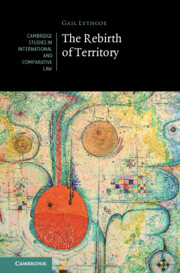During the period of decolonization and the Cold War, the United Nations Industrial Development Organization (UNIDO) and US development agencies promoted free trade zones to developing countries. However, other zones emerged prior to and apart from these policy models, some of which, including India’s early zones, took on features of this model only by the 1980s. To make sense of zones within and beyond a UNIDO model, this article understands them through their connection to the rise of nation-state territoriality around the world. The zone is thereby a spatial strategy used in processes of state (re)territorialization to rearticulate state spatiality under the global condition. This article explores such a perspective by situating the history of India’s early free trade zones comparatively.
